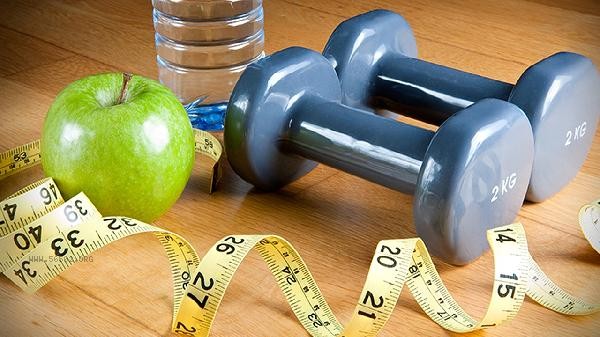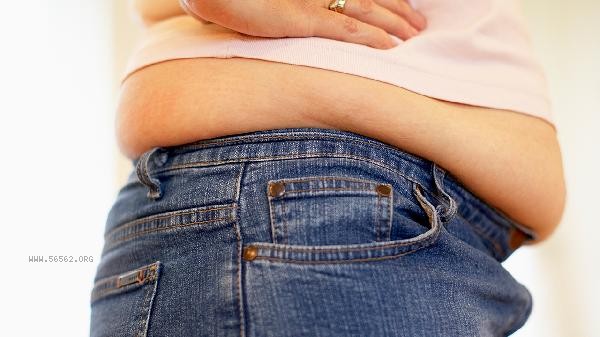Consistently eating weight loss meals usually does not lead to continuous weight loss. Long term single diet may lead to metabolic adaptation and nutritional imbalance. The weight loss effect is influenced by multiple factors such as basal metabolic rate, exercise expenditure, and dietary structure. Extreme calorie restriction may trigger body protective mechanisms to reduce weight loss efficiency. The human body has a sophisticated energy regulation system, and when sustained low calorie intake occurs, the basal metabolic rate gradually decreases to save energy expenditure. The initial weight loss mainly comes from water and muscle loss, and the efficiency of fat breakdown is actually reduced. Long term restrictive diet can easily cause changes in hormone levels such as leptin, leading to appetite rebound and changes in energy utilization efficiency. Typical weight loss meals often lack high-quality protein and essential fatty acids, which may cause malnutrition such as hair loss and menstrual disorders. In special circumstances such as pathological obesity patients, medical nutrition treatment under the supervision of a doctor may achieve sustained weight loss. Some metabolic surgery patients require long-term special dietary management, but the general healthy population does not need to continue extreme dietary restrictions. Periodic adjustment of calorie intake is more conducive to maintaining weight loss effects. Maintaining muscle mass is crucial for long-term weight management, as insufficient protein intake can accelerate muscle loss.

It is recommended to adopt a step-by-step calorie adjustment strategy, maintaining weight loss for 2-3 months after losing 5% of body weight before continuing to lose weight. Regular resistance training helps maintain muscle mass, and 1-2 days a week are scheduled to restore normal calorie intake. Pay attention to supplementing with complex vitamins and minerals, and prioritize natural foods with high nutrient density. When there is a plateau period, it is necessary to check the diet log and adjust the proportion of the three major nutrients instead of simply reducing food intake. Gradually transitioning to a balanced diet pattern after stabilizing weight, cultivating sustainable and healthy eating habits is more important than short-term extreme dieting.











Comments (0)
Leave a Comment
No comments yet
Be the first to share your thoughts!